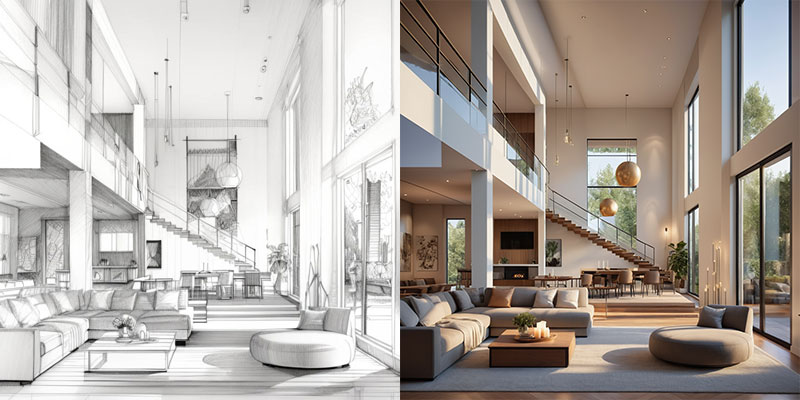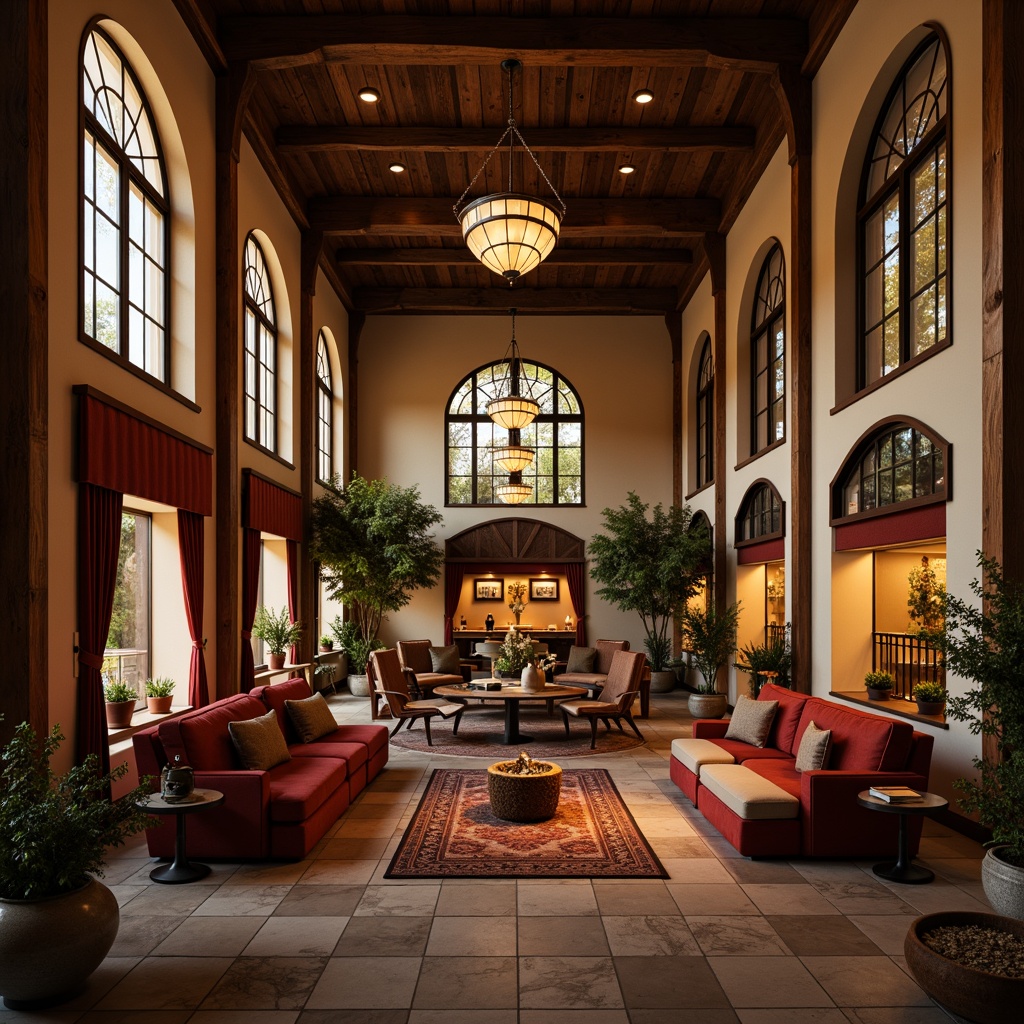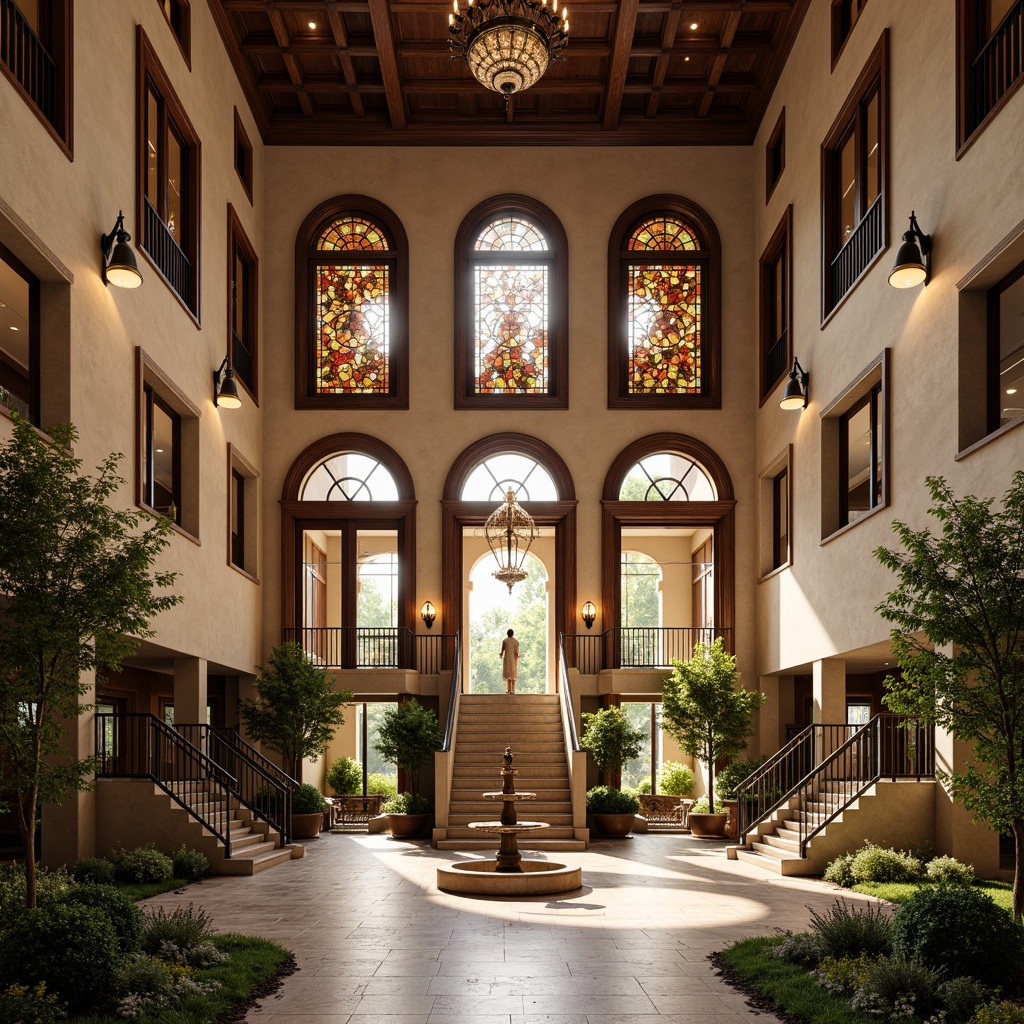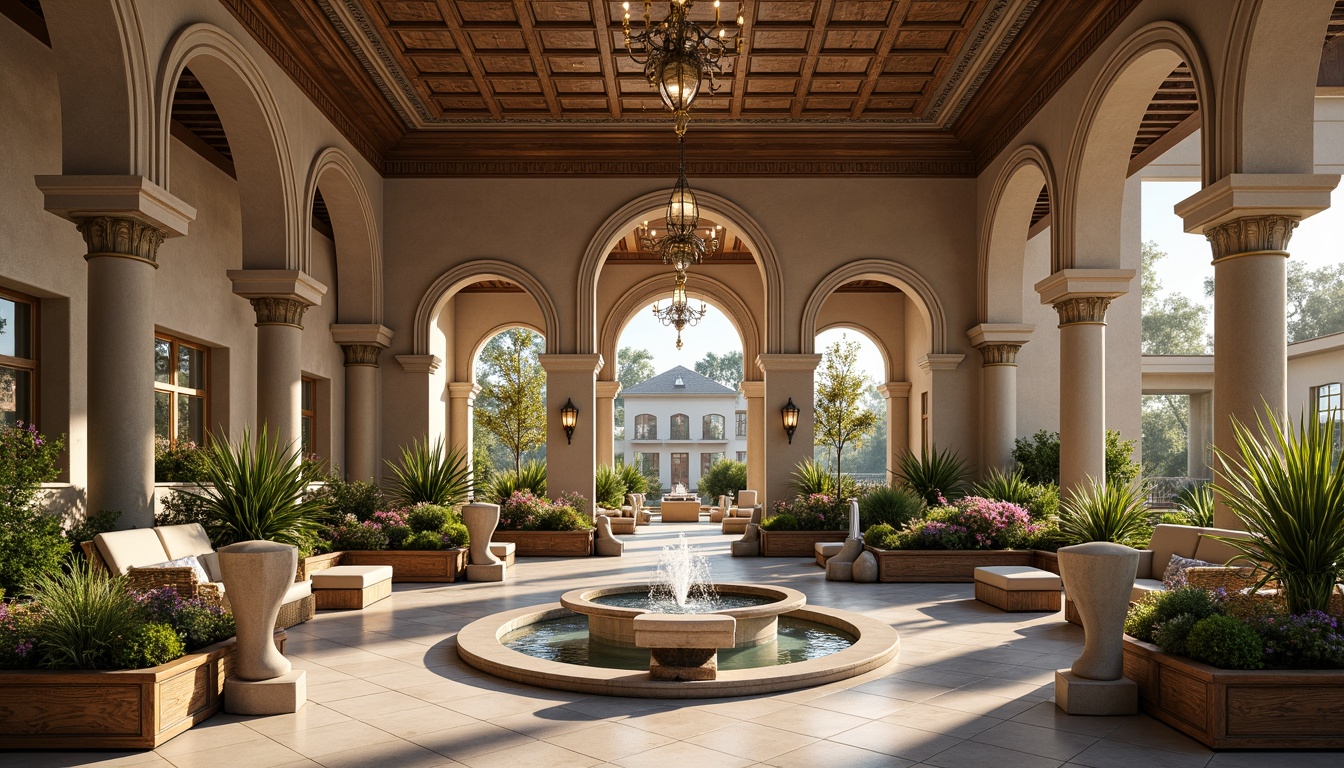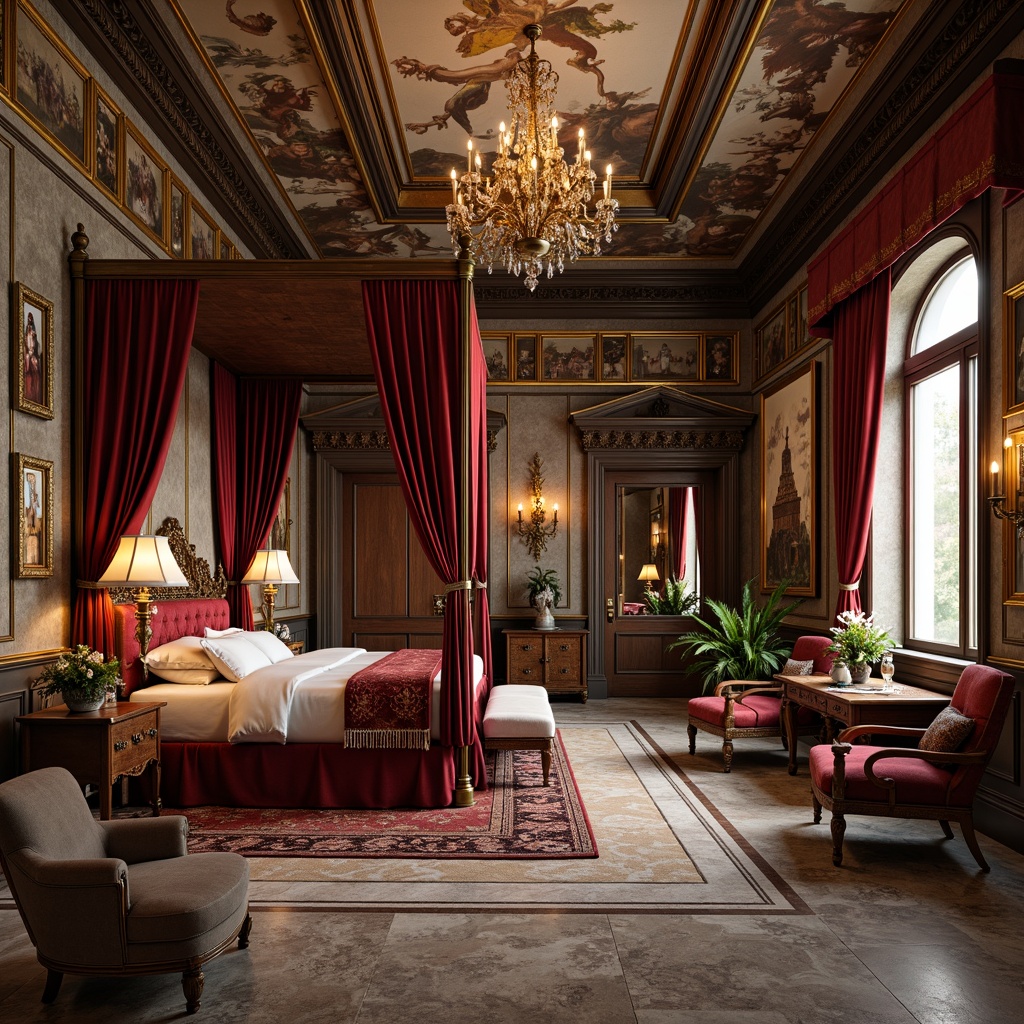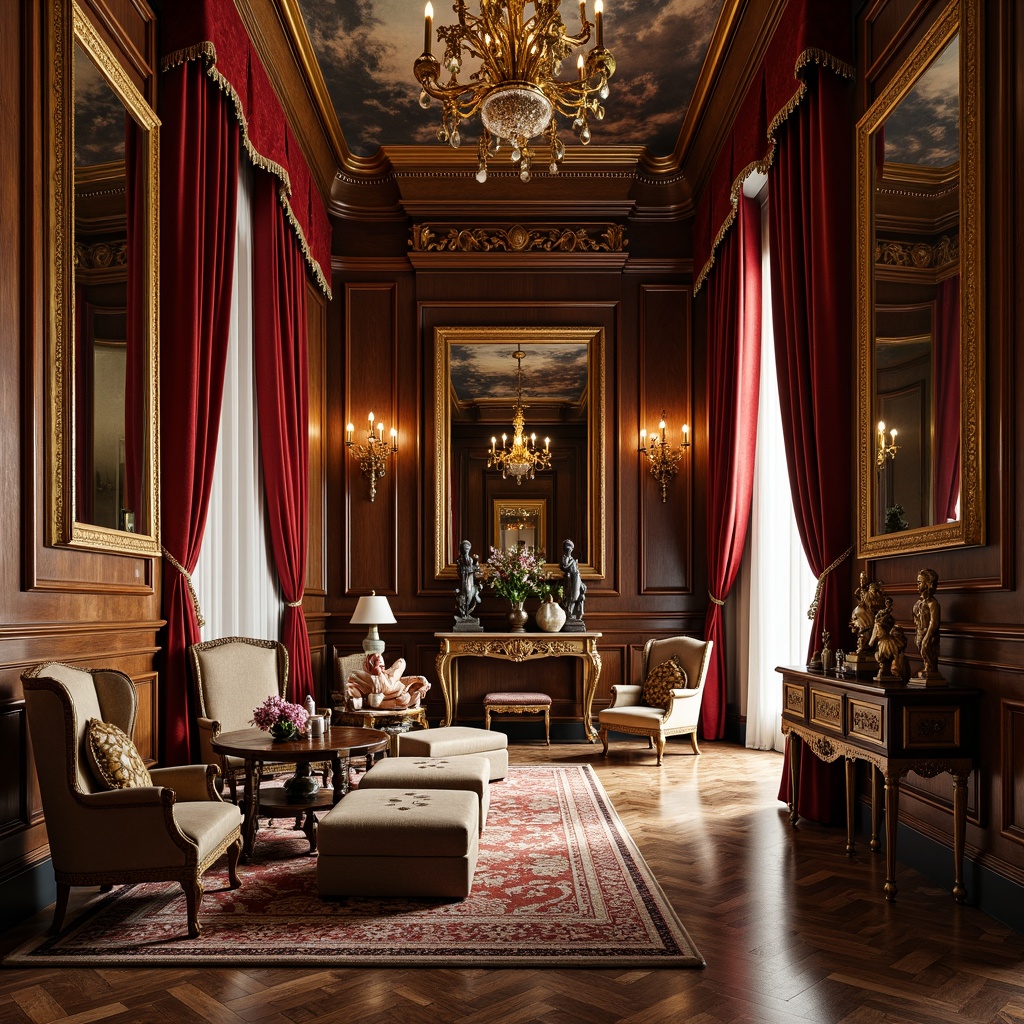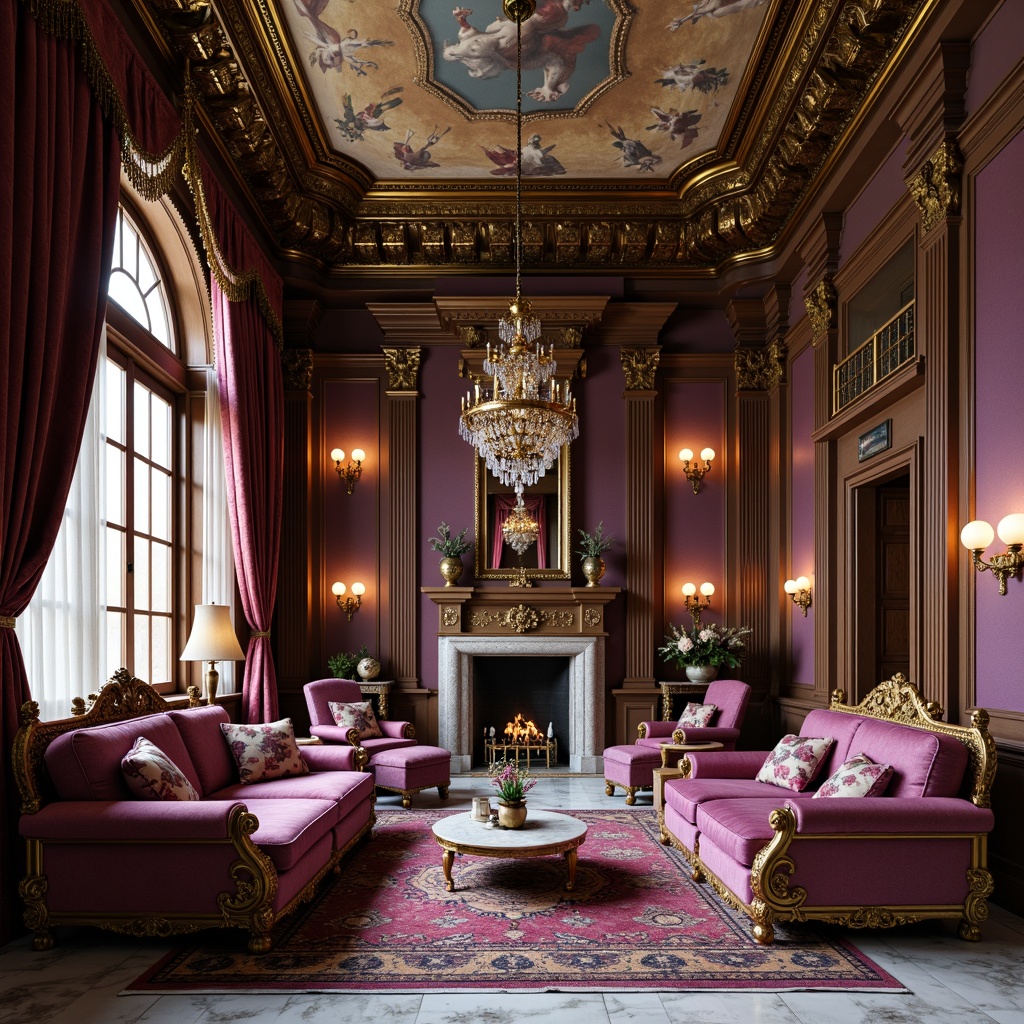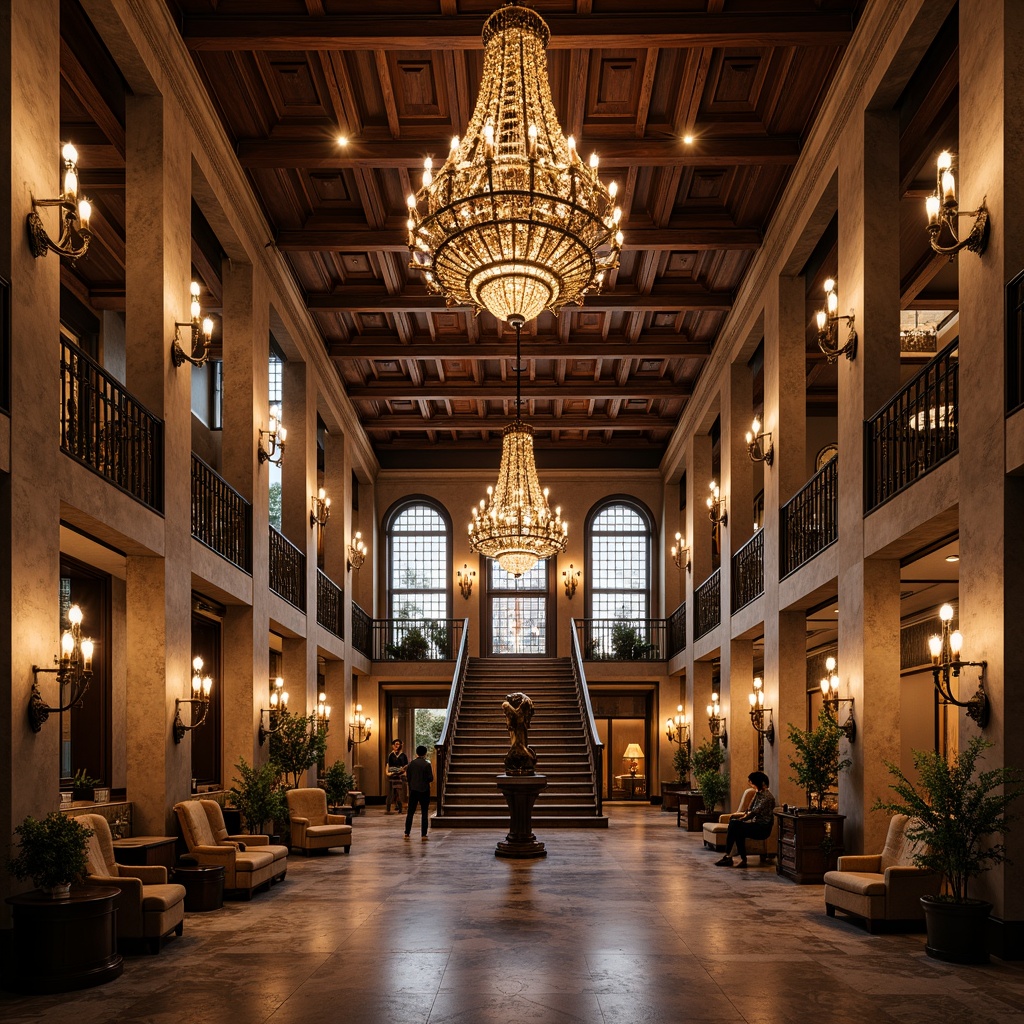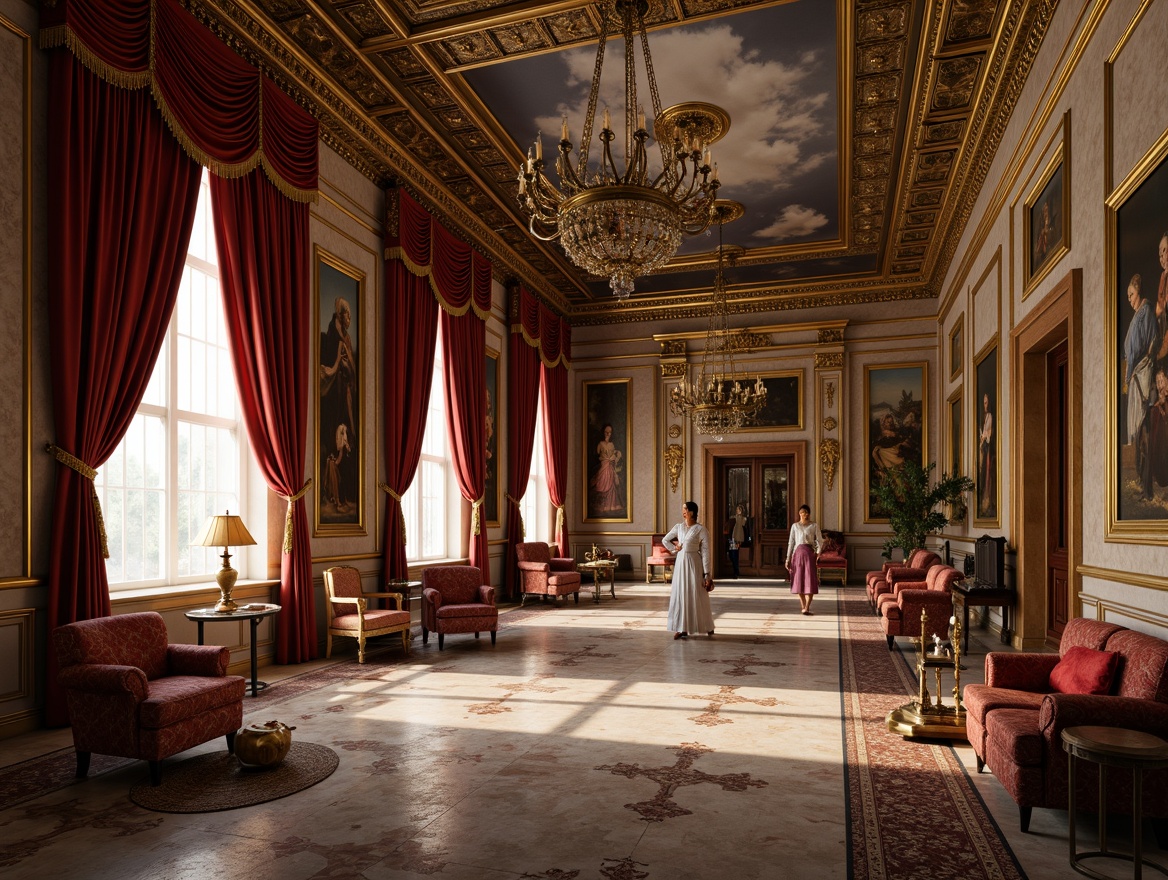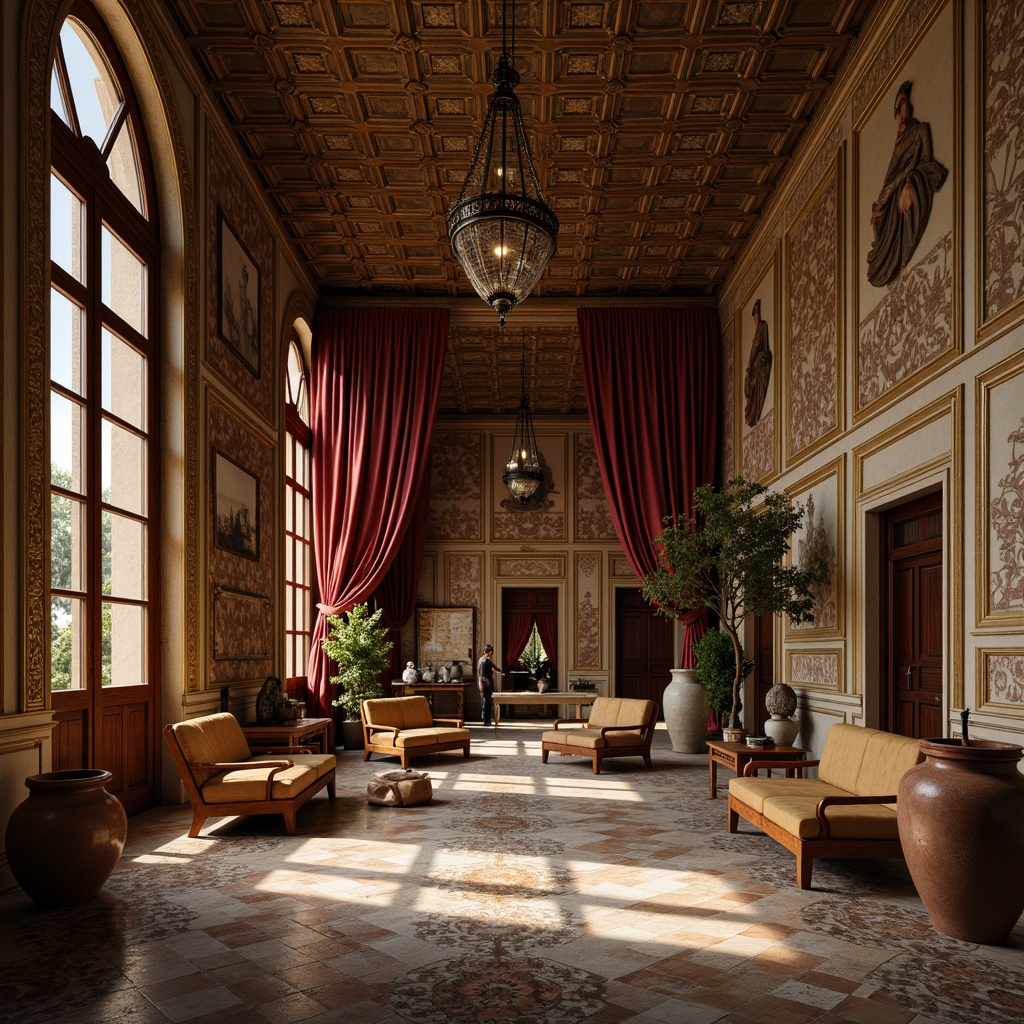Invita Amigos y Obtén Monedas Gratis para Ambos
Design ideas
/
Interior Design
/
Community Center
/
Community Center Renaissance Style Building Design Ideas
Community Center Renaissance Style Building Design Ideas
The Renaissance style of architecture is known for its grandeur and ornate details, making it a perfect choice for community centers that aim to inspire and engage the public. This design style often features intricate moldings, large windows, and elegant arches, all of which can be beautifully complemented by a thoughtful interior design approach. In this article, we will explore various aspects of the Renaissance style, focusing on how elements like titanium materials and plum color can enhance the aesthetic appeal of community centers.
Incorporating Ornate Details in Renaissance Community Centers
Ornate details are a hallmark of Renaissance style architecture, often seen in intricate facades and elaborate interiors. When designing a community center, incorporating these details can create an inviting and impressive atmosphere. From decorative moldings to grand staircases, ornate elements can elevate the overall design, making the space feel more luxurious and culturally rich. Each detail adds character and charm, encouraging community engagement and appreciation for the arts.
Prompt: Grand Renaissance-style community center, ornate facades, intricately carved wooden doors, stained glass windows, vaulted ceilings, marble floors, elegant chandeliers, sweeping staircases, lush greenery, courtyard fountain, bronze statues, warm golden lighting, soft focus, 1/1 composition, symmetrical view, realistic textures, ambient occlusion.
Prompt: Elegant community center, ornate stone carvings, grandiose archways, lavish fountains, intricate mosaics, rustic wooden accents, warm golden lighting, high ceilings, ornamental chandeliers, refined marble floors, classical columns, symmetrical architecture, lush greenery, blooming flower arrangements, serene water features, soft natural light, shallow depth of field, 1/1 composition, realistic textures, ambient occlusion.
Choosing the Right Color Palette for Your Community Center
Selecting an appropriate color palette is crucial in creating a harmonious environment in a Renaissance-style community center. The use of plum color can evoke a sense of elegance and sophistication while providing warmth to the space. Complementing plum with neutral tones or metallic accents can enhance the richness of the design. A well-thought-out color palette not only beautifies the space but also influences the mood and experience of its visitors.
Furniture Selection for a Renaissance-Inspired Interior
When it comes to furniture selection for a Renaissance-inspired community center, the focus should be on pieces that reflect the grandeur of the era. Opt for furniture with rich fabrics, intricate carvings, and elegant lines. Incorporating antique or vintage pieces can add authenticity to the design, while modern furniture with a sophisticated touch can provide comfort and functionality. The right selection of furniture can tie the space together, creating an inviting atmosphere for community gatherings.
Prompt: Luxurious velvet drapes, ornate golden frames, intricately carved wooden furniture, rich leather upholstery, majestic four-poster beds, regal throne-like chairs, lavish crystal chandeliers, exquisite marble floors, rustic stone walls, grandiose mirrors, opulent tapestries, lavish fresco ceilings, soft warm candlelight, 1/1 composition, realistic textures, ambient occlusion.
Prompt: Opulent velvet drapes, intricately carved wooden furniture, gilded frames, ornate mirrors, richly upholstered armchairs, tufted ottomans, bronze sculptures, lavish chandeliers, inlaid marble floors, frescoed ceilings, warm golden lighting, soft focus blur, 1/2 composition, symmetrical arrangement, realistic reflections, ambient occlusion.
Prompt: Ornate Renaissance-style furniture, intricately carved wooden pieces, luxurious velvet upholstery, rich gold accents, ornamental metalwork, grandiose chandeliers, lavish drapery, regal purple and crimson hues, opulent marble flooring, intricate fresco ceilings, lavish crown molding, classical columns, imposing stone fireplaces, majestic four-poster beds, refined wooden paneling, sophisticated tassel trim, soft warm lighting, atmospheric ambiance, 1/1 composition, dramatic shadows, realistic textures.
Lighting Design in Renaissance Community Centers
Lighting design plays a pivotal role in enhancing the architectural features of a Renaissance community center. Utilizing a combination of natural light through large windows and strategically placed artificial lighting can highlight ornate details and create an inviting ambiance. Chandeliers and wall sconces with classical designs can further emphasize the elegance of the space. Thoughtful lighting design not only enhances aesthetics but also improves the functionality of the community center, making it a versatile venue for various events.
Prompt: Warm Renaissance-style community center, grand high ceilings, ornate chandeliers, soft warm lighting, subtle color palette, earthy tones, rustic wood accents, stone flooring, arched windows, stained glass details, elegant furniture, velvet drapes, rich textiles, intimate gathering spaces, candlelit ambiance, dramatic spotlighting, layered lighting effects, atmospheric glow, symmetrical composition, 1/1 aspect ratio, realistic reflections, ambient occlusion.
Prompt: Grand Renaissance-style community center, ornate chandeliers, warm golden lighting, elegant sconces, lavish candelabras, rich wood accents, marble floors, high ceilings, grand staircases, intricate stone carvings, stained glass windows, soft diffused light, subtle color temperature, dramatic uplighting, accent lighting on artwork, cozy reading nooks, intimate gathering spaces, ornate metalwork, rustic wooden beams, vintage fixtures, warm ambiance, inviting atmosphere, 1/1 composition, soft focus, warm color palette.
Exploring Material Textures in Renaissance Style Design
Incorporating various material textures is essential to achieving an authentic Renaissance style in a community center. The use of titanium materials, known for their durability and modern aesthetic, can be combined with traditional materials like wood and stone to create a striking contrast. Textured walls, plush upholstery, and polished surfaces can all contribute to a tactile experience that enhances the visual appeal of the space. The careful selection of materials can elevate the overall design, making it both contemporary and timeless.
Prompt: Ornate Renaissance palace, luxurious velvet drapes, intricately carved wooden furniture, gilded ornamental details, marble floors, polished bronze fixtures, rich tapestries, frescoed ceilings, grandiose chandeliers, opulent furnishings, lavish decorative patterns, intricate stone carvings, warm golden lighting, soft focus, shallow depth of field, 1/1 composition, cinematic view, realistic textures, ambient occlusion.
Prompt: Opulent Renaissance palace, intricately carved stone facades, ornate wooden doors, gilded accents, lavish velvet drapes, richly patterned marble floors, rustic terracotta pottery, distressed leather upholstery, vintage bronze hardware, ornamental metalwork, grandiose chandeliers, warm golden lighting, dramatic shadowing, 1/1 composition, intimate close-up shots, realistic wear and tear, subtle ambient occlusion.
Conclusion
In summary, designing a community center in the Renaissance style offers a unique opportunity to blend historical elegance with modern functionality. By focusing on ornate details, a thoughtful color palette, appropriate furniture selection, effective lighting design, and diverse material textures, you can create a space that not only serves the community but also inspires and captivates. This design style is perfect for fostering community engagement and appreciation for the arts, making it a valuable addition to any neighborhood.
Want to quickly try community-center design?
Let PromeAI help you quickly implement your designs!
Get Started For Free
Other related design ideas

Community Center Renaissance Style Building Design Ideas

Community Center Renaissance Style Building Design Ideas

Community Center Renaissance Style Building Design Ideas

Community Center Renaissance Style Building Design Ideas

Community Center Renaissance Style Building Design Ideas

Community Center Renaissance Style Building Design Ideas

